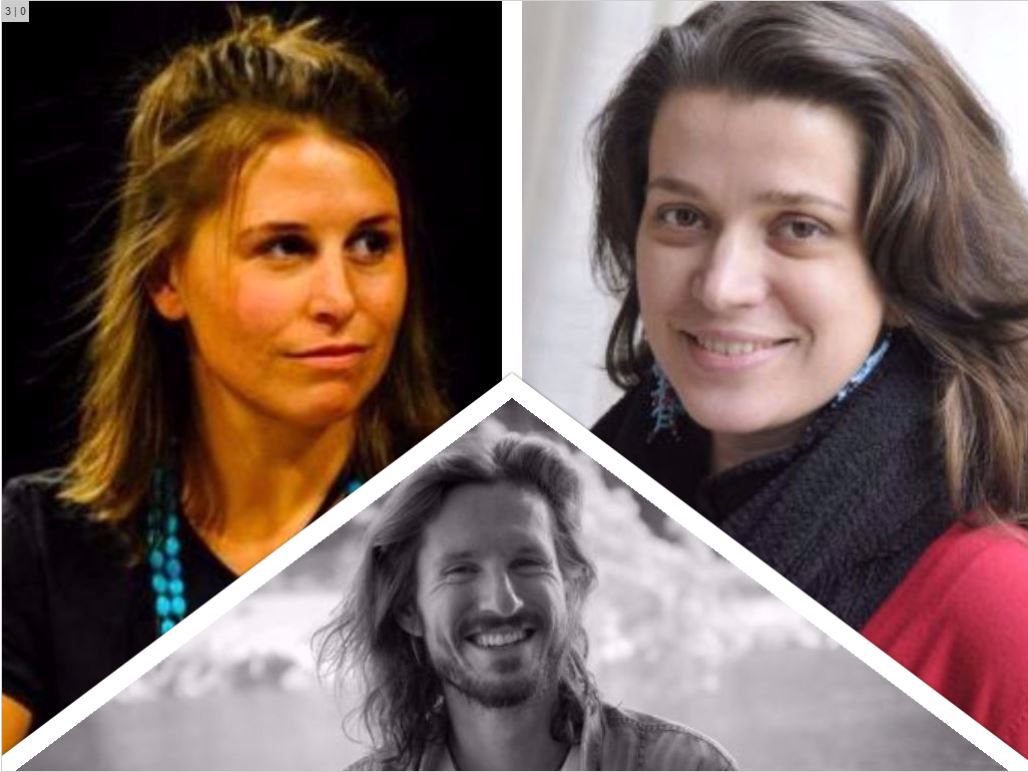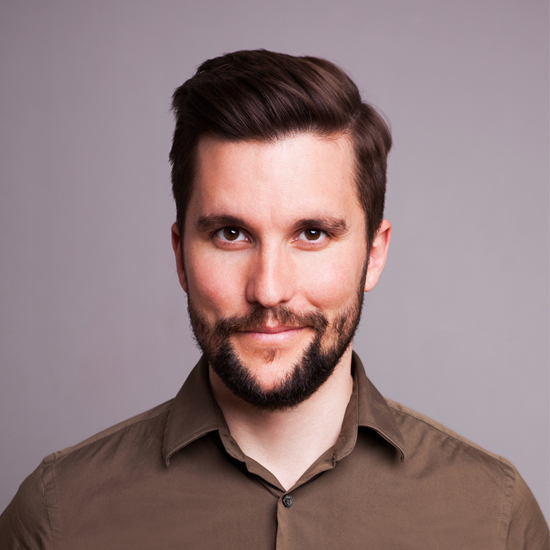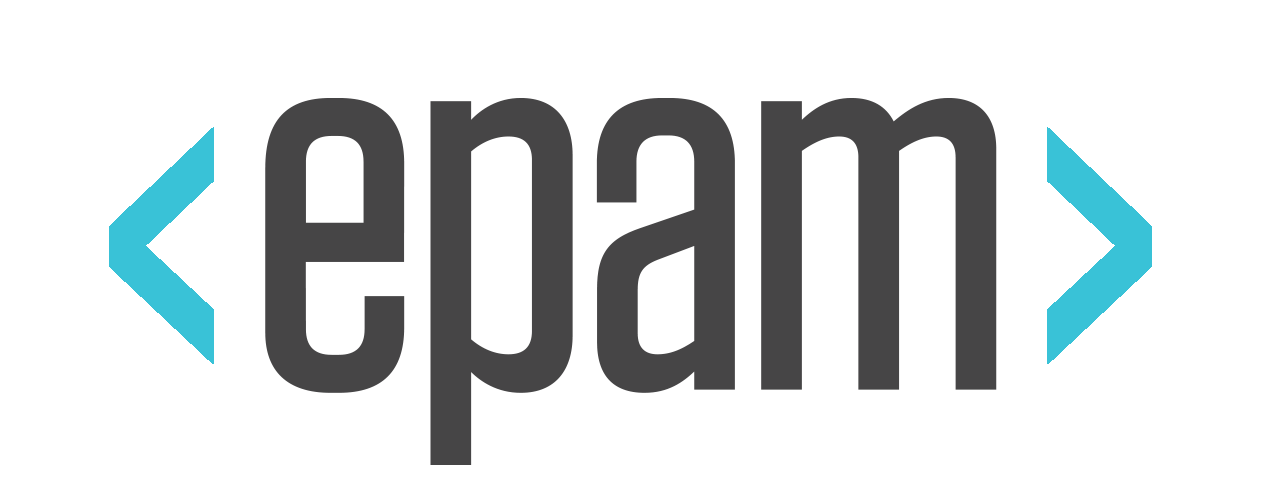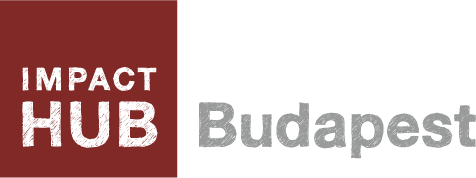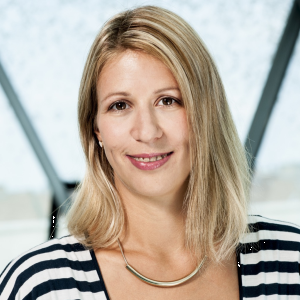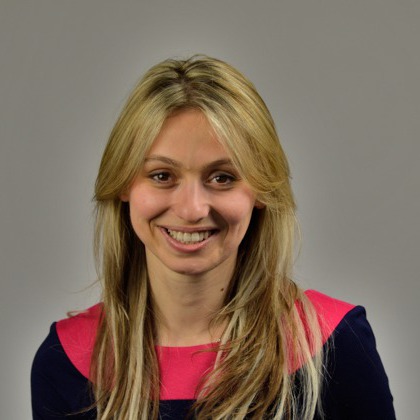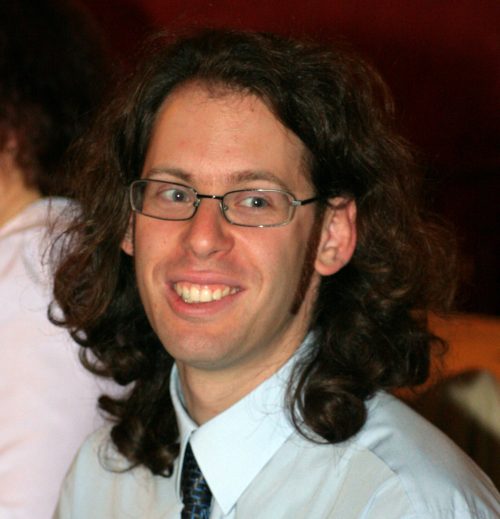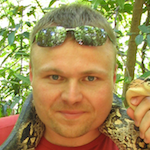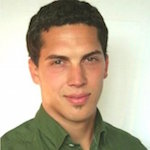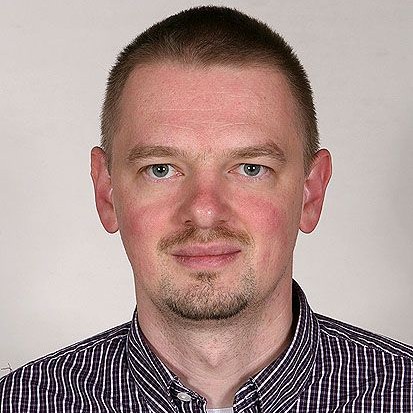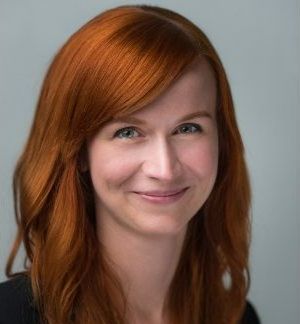speakers
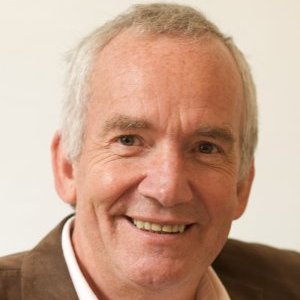
- Peter Hawkins
- Renewal Associates
Thursday 09:15-10:15
Developing our Collective Leadership to face the Future Challenges
This talk will explore the emerging challenges for Organizations and their Leadership and then show what organizations, teams and individual leaders can do to develop their capacity to be fit for the future.
The talk will draw on the Global research Professor Peter Hawkins has led studying Tomorrow’s Leadership and the Necessary Revolution in today’s leadership development as well as his 30 years of experience in coaching Leadership Teams in many parts of the world.
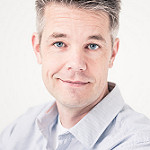
- Jurgen Appelo
- Happy Melly
Thursday 10:15-11:00
Managing for Happiness
The research is clear: happy workers are more productive workers. Managing for Happiness is about concrete management advice for all workers. Practical things that people can do next Monday morning in order to make the organization a happier place to work, with people who run experiments and drive innovation. In this session, you will see how to manage the system, not the people. This is not only relevant for managers, but for everyone who is concerned about the organization.
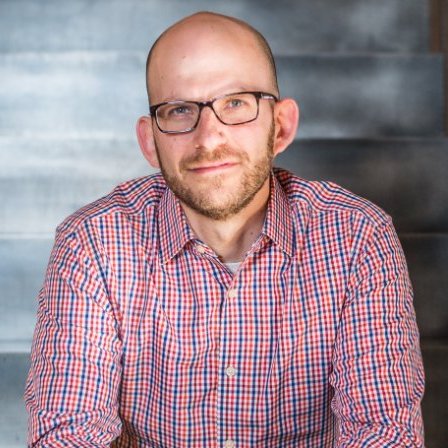
- Jeff Gothelf
- Gothelf.co
Thursday 11:20-12:05 via videolink
Building successful in-house innovation teams
You’ve read The Innovator’s Dilemma. You’ve bought into The Lean Startup. You’re ready to kickstart your company’s product innovation efforts. There’s just one problem: you’re not sure where to begin:
- What can design teach us about building a collaborative culture?
- How do you structure a successful product design team?
- How should that team work?
- How will that team measure success?
Jeff will offer practical, step-by-step, guidance on how to build and support successful product design innovation in your business. Using insights gained from leading and working with dozens of product and design teams, Jeff will step through team makeup, process steps, management structure and the corporate infrastructure needed for these teams to flourish.
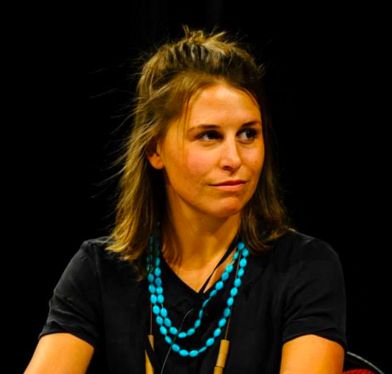
- Kate Beecroft
- Enspiral
Thursday 12:05-12:50
Autonomy. Vital to the new world of work.
Work can be extension of life and not a subtraction. A place where you can step into your full potential and become a better human. Work and a job can be the community that we’re all searching for, a place where you can be surrounded by people you love and revel in the joy of being your full self in all its flawed complexity. Work can be a place where you attain full autonomy and creative expression.
I believe that self-organization and full participation are pre-conditions for autonomy. So is community.
Autonomy is very important to me, as it is to many other people under 30 or 35. Autonomy doesn’t mean individualism or isolation. It means freedom from external control or influence; independence.
Enspiral is a non-hierarchical, open, participatory network of 17 startups and 300 people. Ventures and individuals voluntarily contribute resources back to a foundation in the middle. We all collectively decide what to do with these resources using an app we built called Cobudget and we make all decisions together via decision making software built by one of the Enspiral ventures, Loomio. Enspiral is held up globally as an example of a ‘working’, open and participatory organization.
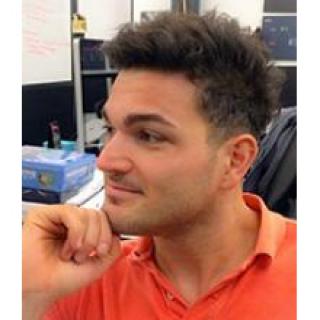
- Sebastiano Armeli
- Spotify
Thursday 14:20-15:05
Managing a software engineering team
You’re a senior engineer. You decide to switch to management and would like to get the experience of leading a team. How is your role going to change? What challenges are you going to face? How are you planning on keeping up with new technologies? Are people reporting to you going to see you as a leader and follow you?
Sebastiano asked himself all those questions when he became a manager. Find out the answers and learn what being a manager means at Spotify.
Management varies greatly depending on the organization you belong to - Sebastiano will explain to you what Spotify considers good or bad behavior from a manager. Spotify calls the people who directly manage engineers Chapter Leads. Learn what they do on a daily basis and which tools they use within their teams. Discover where the company stands in the discussion of leadership vs management.
Hear Sebastiano’s story and personal experience on the beliefs and practices engineering managers adopt at Spotify.
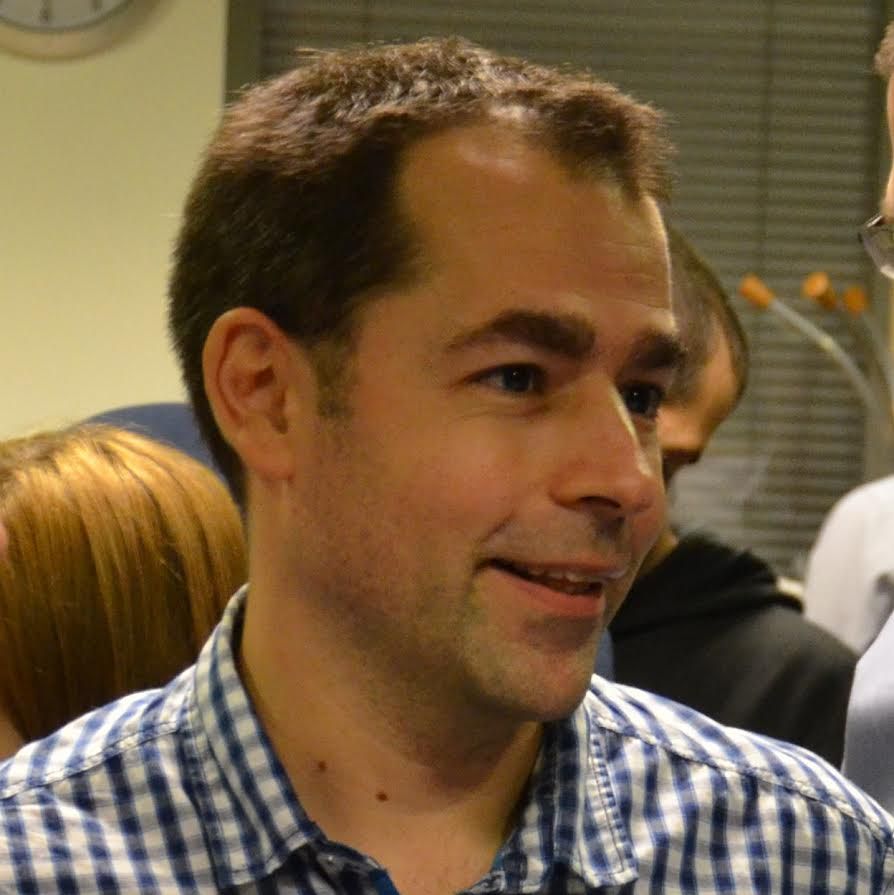
- Péter Orbán
- Ericsson
Thursday 15:05-15:50
Leadership Toolbox
Leadership is a relational skill; it is about how we interact with and relate to others. Becoming a leader from an engineering background can be rather challenging especially from this perspective, but the way we relate more effectively as leaders can be learned and improved.
Taking a non-deterministic approach we created a framework for personal and team development that supports many leaders at many stages of their careers in growing in to a more conscious, more relational, and more successful leader, enabling others to create real business value. The Leadership Toolbox is a set of simple and practical tools that has the potential to become part of a leaders’ everyday life. We expect that those tools will transform into habits and best practices that will help every leader to grow and lead effective teams with happy people.
The tools are structured in four categories suggesting a development path from creating self-awareness to developing teams, increasing motivation, engagement and supporting retention. Each and every one of us has some tools that we use, but are we sharing these? In this presentation Péter will give you an insight into his personal journey developing as a leader and introduce you to the concept of the Leadership Toolbox.
There are thousands of SW engineers missing in Budapest, we need to do our best to retain our key talents.
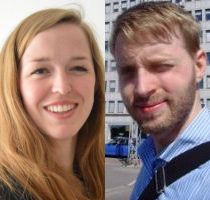
- Rona Steinrücken & Ola Sundin
- Meltwater
Thursday 16:10-16:55
Accelerated Assimilation
Meet Alice. Tomorrow is her first day on the new job. Today she is terribly anxious to fit in, and at the same time really excited to get started. She really wants to prove herself, and become a productive member of the team. A million thoughts are running through her mind: Should she bring her own lunch or will they go out to eat? What will happen during the first day? What will people think of her?
Find out about how Bob the Buddy, Martha the Manager and Carol the Coach accelerate Alice's quest towards becoming a valuable member of the team. Learn how to transform a complete stranger into a productive team member.
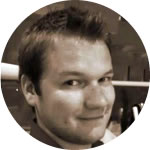
- Tomasz Dubikowski
- Ocado Technology
Thursday 16:55-17:40
Level-up your culture
Moving an organization towards higher agility is a many stepped process. Tomek will take you on a board-game journey to show the levels they have advanced through at Ocado Technology to achieve better people engagement.
Level1: Mob interview
Level2: Knowing your business
Level3: Teams are everywhere
Level4: Autonomy
Level5: Open culture
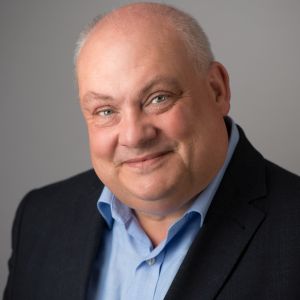
- Mark McKergow
- Host Leadership
Friday 09:00-09:45
Leading as a host, not a hero
How to build engagement and responsiveness using a new (yet ancient) leadership metaphor
When we think about leading teams, it’s easy to look too hard at the leader as an individual. What matters more is the relationship between the leader and the team. Mark McKergow will speak about the new yet ancient metaphor of leading as a host, not a hero (or indeed a servant). Building on thousands of years of host-guest relationships, Mark will share his research into how great hosts can lead, and how leaders can learn to host. Thinking of the team as your guests is a rapid and effective first step towards engagement and progress.
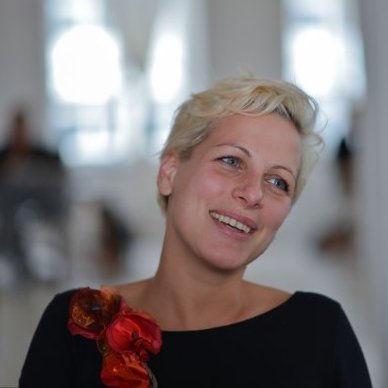
- Alexis Eremia
- Impact Hub
Friday 09:45-10:30
Principles for collective transformation
As we develop as leaders we hear different quotes like: “be the change you want to see in the world”, “leadership is about people”, “true leadership is when people say we did it ourselves”, etc.
But what do they really mean and how do they actually apply in practice?
The leadership literature is filled with models and examples that want us as managers of organizations no matter what level we are at, how long our experience is or how big our organization is to be some super gurus close to Gandhi or alike.
Our office table is full of responsibilities, reports and requests and we are supposed to not just ensure the well-being of our organization, to grow it, scale it, thrive but also to ensure the well-being of every person in our organization. We were educated as doctors, teachers, bankers, software developers, you name it... and now we have to be personal counselors, mentors, coaches, motivators, charismatic and inspiring leaders. We sit there between all this and we think: how on earth can we be all this?
The answer I found is by NOT focusing on people as a direct impact but as beneficiaries of a framework, a set of values and principles, of a system they can use.
The organization significantly boosted performance and the retention rate was over 90%.
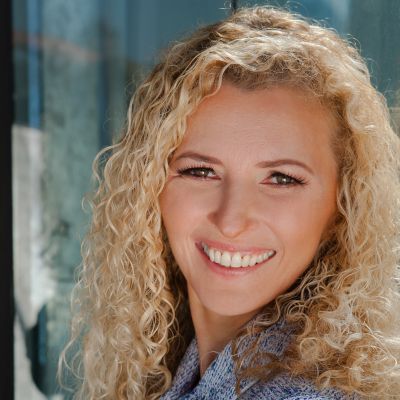
- Carmen Simon
- Rexi Media
Friday 10:50-11:35
The Neuroscience of Decision Making
Regardless of your job title, impacting people’s decisions is a vital component of staying in business. When you get others to do what you want (e.g., listen to your content, like you, share your ideas with others, buy your product, hire you, or promote you), you evolve. But how do you influence others’ decisions? Using neuroscience, this session provides a unique approach to decision-making. To get people to do what you want, you have to help them remember what you want. Influencing other people’s memory is the single, most important ingredient to decision-making and business success. Join this evidence-based session to discover how the brain decides, and learn how to stay on people’s minds long enough so they decide in your favor.
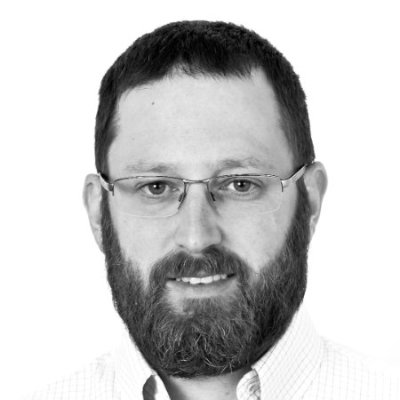
- Gergely Kmethy
- Graphisoft
Friday 14:20-15:05
Cultivating quirkiness - True leadership occurs in the kitchen!
The key to long-term business success is the elusive “competitive advantage”. Real competitive advantage is tacit knowledge that cannot be copied. Strong companies tend to have very distinct company culture: “The way we do things around here”. But how are people “indoctrinated” in company culture? The venue is the teams, and team rituals play a significant role. In his presentation Gergely explores why team rituals are essential in forming and transmitting the company DNA.

- Tamás Müller
- Mito
Friday 15:05-15:50
Learn to earn // Learn the company to the top of the game.
Playing in the advertising field is difficult, the competition is fierce. Especially with digital roots, where knowledge gets obsolete day by day. But Mito got to the top of the game from a 3 people digital agency in 2008 evolving into a 160 people ad agency superseding all of our independent and most of our network agency competitors.
We believe that the key to this success in our field is having the greatest team ever. And we guess not just in our field. What makes a team dedicated and extraordinary?
Knowledge.
Knowledge in our field of expertise that makes us the most professional ad agency and knowledge about each other that truly makes us friends, not just colleagues.
Let us show you some tips, tricks and tools how we ensure continuous learning on different levels within the team:
Mito Academy, Intro, UXversity, Mito Studio, Mito Labs, 4-hour playtime, Tabletop Thursdays, thematic Mito Breakfasts, Mr. Mito election, Mito Band, Mito Pickled Cucumber competition, Mito Cards, and even more serious and fun stuff.
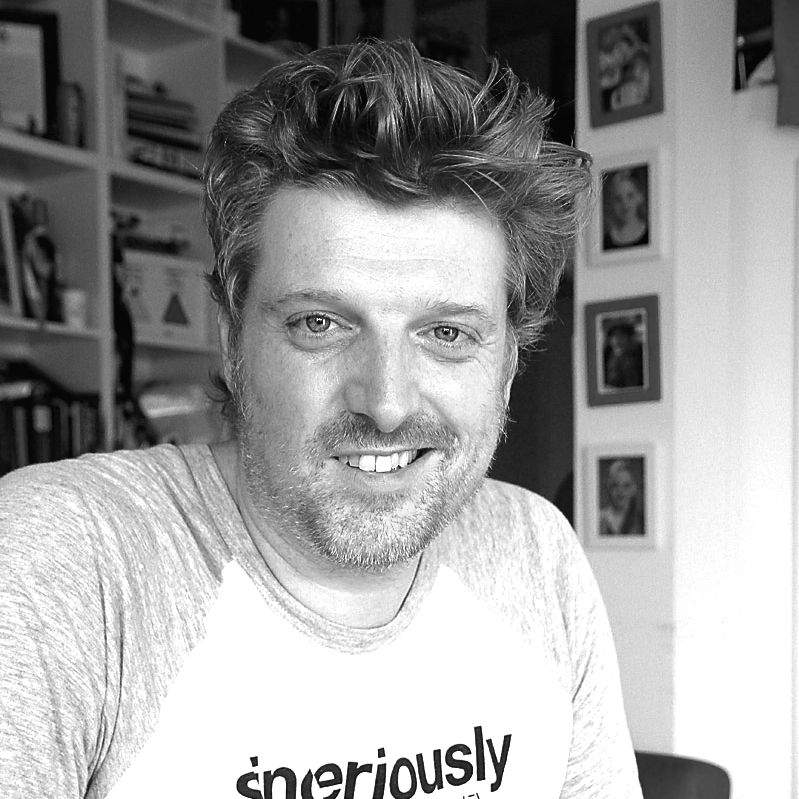
- Heiko Fischer
- Resourceful Humans
Friday 16:10-16:55
How to lead and operate your Organization with 100% Entrepreneurship | 0% Bureaucracy.
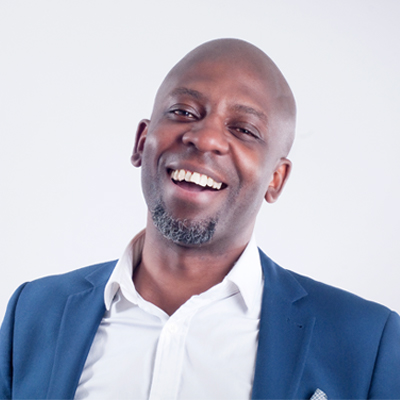
- David McQueen
- Narratively
Friday 16:55-17:40
Lead from the Centre
At the heart of every successful organization is a narrative that sets out what they stand for. Whether through strong branding, great case studies, customer service or people management this story is shaped in the vision, mission and values of these organizations. This story is the heartbeat that keeps them alive.
'Lead from the Centre' is aimed at business leaders who need to understand and learn how to build such narratives. Using the metaphor of a conductor and orchestra, and drawing from companies who have demonstrated leading from the centre, this speech is about practical tools and strategies of defining, designing and delivering great company narratives.
